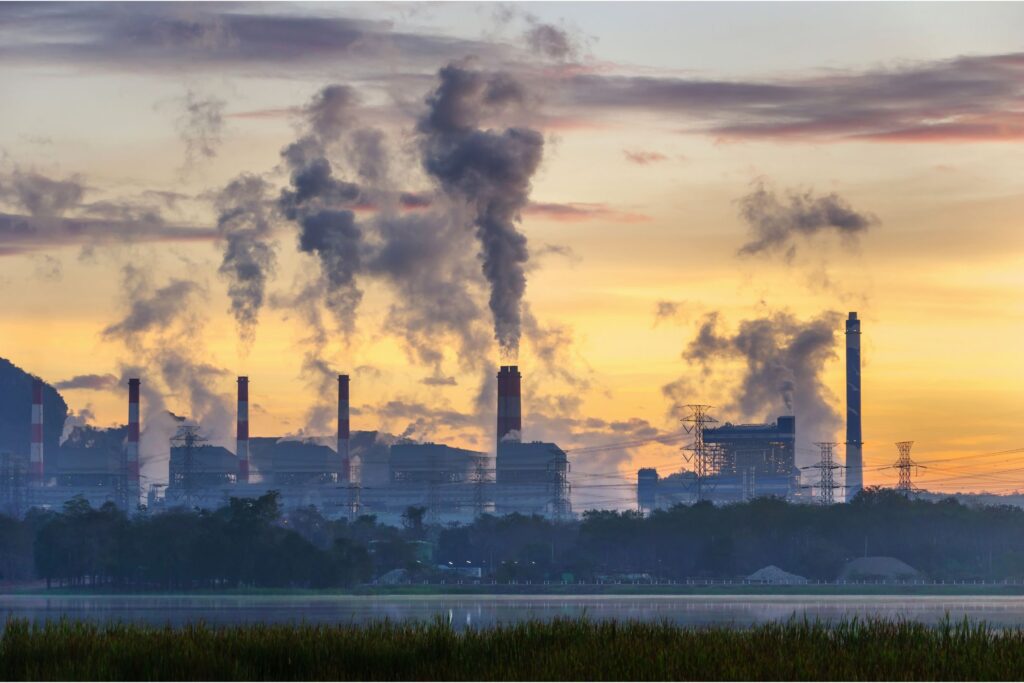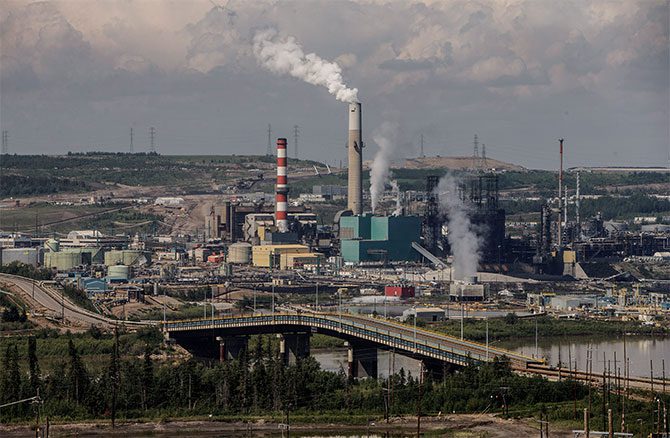ENVIRONMENTAL DEFENCE, CITIZENS UNITED FOR A SUSTAINABLE PLANET (CUSP), NORTHWESTERN CLIMATE GATHERING, AND CANADIAN ASSOCIATION OF PHYSICIANS FOR THE ENVIRONMENT ONTARIO (CAPE ONTARIO)
Toronto | Traditional territories of the Mississaugas of the Credit, the Anishinaabeg, the Haudenosaunee, and the Wendat – A broad coalition of local and provincial organizations is welcoming last night’s decision by Shuniah Council to reject the Municipal Support Confirmation for the proposed 100-MW gas-fired peaker plant from Current H2 Inc. The vote represents a major win for public health, affordability, and climate leadership in Northwestern Ontario — and sends a strong signal ahead of Thunder Bay’s upcoming vote on their gas plant decision on December 2.
The coalition continues to oppose both:
- The 100-MW gas plant proposed in Shuniah by Current H2 Inc.in future procurement windows, and
- The 31-MW gas peaker is currently proposed on Central Avenue in Thunder Bay by Versorium Energy.
Residents, health professionals, and clean-energy experts have repeatedly warned that new gas generation will lock the region into higher bills, increased air pollution, and worsening climate impacts — despite the availability of cleaner, cheaper, more reliable alternatives.
Mike Marcolongo, Associate Director, Environmental Defence:
“Communities here deserve affordable, resilient, clean power — not another fossil-fuel bet that will cost ratepayers and the planet. The rest of the world is making unprecedented investments in renewables and battery storage. Shuniah’s decision can point the region toward a climate-aligned future. Now, Thunder Bay should follow suit.”
Paul Berger, Lead Organizer, Citizens United for a Sustainable Planet (CUSP):
“The Shuniah Council decision is a win for climate and democracy. By refusing to support the Current H2 gas plant, Shuniah Council showed climate leadership. By listening to residents, Shuniah Council honoured democracy. We urge Thunder Bay to follow Shuniah’s example by refusing Versorium’s proposed gas plant.”
Heather McLeod, Northwest Climate Gathering:
“We are glad that Shuniah decided to support their staff recommendation not to give the proposed gas peaker plant their municipal ‘okay’ — and hope Thunder Bay council will also see that the proposed peaker plant they are considering is equally ill-advised. There is no reason to rush into commitments on how we expand energy production here — and every reason to wait for the cheaper, cleaner options to get their proposals heard before any recommendations are decided upon.”
Dr. Mili Roy, Ontario Regional Committee Co-chair of the Canadian Association of Physicians for the Environment (CAPE):
“CAPE commends and supports Shuniah’s decision to reject gas plant expansion. Gas plants produce toxins like nitrogen oxides, particulate matter, and ozone that are directly linked to multiple diseases such as asthma, heart attacks, and strokes, as well as cancers and premature deaths. Choosing clean energy instead is a direct investment in the health and future of Ontarians.”
Background:
- Key votes: Shuniah’s vote last night on Nov. 25 and Thunder Bay on Dec. 2.
- Wind and solar remain Ontario’s lowest-cost new electricity sources, while gas sits at the high end of supply costs, posing major risks for ratepayers.
- Electricity supply rates rose 29 per cent on Nov. 1, with gas expansion identified as a major driver of rising costs.
- Gas plants worsen local air pollution and climate emissions. They produce NOx, PM2.5, and methane (80× more potent than CO₂), linked to asthma, heart and lung disease.
- New gas plants over 25 MW must meet strict federal Clean Electricity Regulations starting in 2035, creating major financial and compliance risks.
- Cleaner, cheaper alternatives exist today: battery storage, renewables, efficiency, and demand-response already provide reliable peak supply across Canada.
ABOUT ENVIRONMENTAL DEFENCE (environmentaldefence.ca): Environmental Defence is a leading Canadian environmental advocacy organization that works with government, industry and individuals to defend clean water, a safe climate and healthy communities.
– 30 –
For more information or to request an interview, please contact:
Tamara Latinovic, Environmental Defence, media@environmentaldefence.ca






